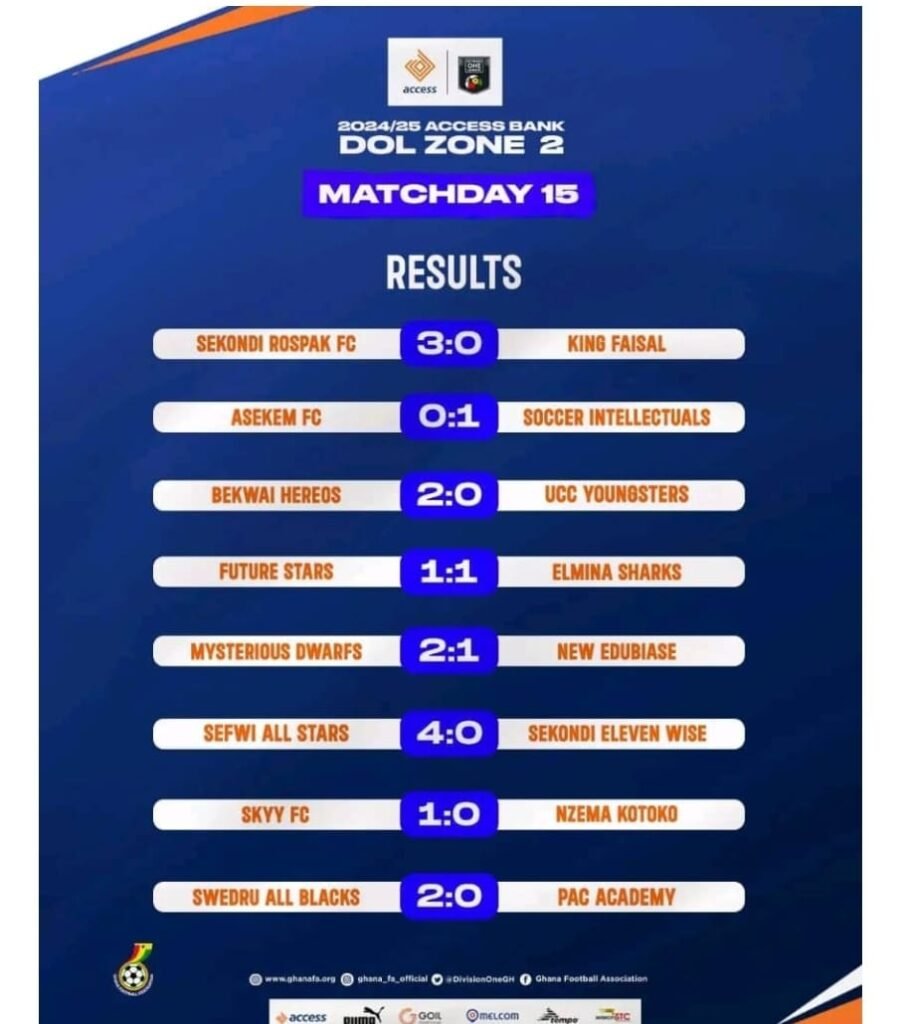Hot!
President Akufo-Addo cuts sod for dualization Of Anwiankwanta-Ahenema Kokoben road

In a significant stride towards enhancing the road infrastructure in the Ashanti Region, President Nana Addo Dankwa Akufo-Addo presided over the sod-cutting ceremony for the dualization of the Anwiankwanta-Ahenema Kokoben Road on July 15, 2024.
The ceremony marked the commencement of a crucial 20-kilometre project aimed at alleviating traffic congestion and improving connectivity in the region.
Addressing a gathering of local officials, residents, and stakeholders, President Akufo-Addo emphasized the importance of the project, stating, “The dualization of the Anwiankwanta-Ahenema Kokoben Road will address the perennial congestion experienced on this road, which has affected the movement of goods to towns such as Ahenema Kokoben, Brofoyeduru, Kotwi, Trede, Adjamesu Dominase, Ofoase Kokoben, Anwiankwanta, Bekwai, and Obuasi.”
The President highlighted that the project is part of a broader initiative to improve road conditions across densely populated areas. This effort aims to reduce travel times, lower vehicle operating costs, and enhance road safety. The dualization of the Anwiankwanta-Ahenema Kokoben Road will significantly benefit local communities by facilitating smoother transportation and promoting economic activities.
The project will be executed by M/S Kofi Job Ltd, a reputable Ghanaian company, under the supervision of the Ministry of Roads and Highways through the Ghana Highway Authority. President Akufo-Addo urged the contractor to implement effective traffic management measures to minimize disruptions during the construction phase.
“Our government remains committed to decongesting urban areas and improving the overall infrastructure of our nation. This project is a testament to our dedication to solving real-life challenges and enhancing the quality of life for Ghanaians,” the President remarked.
The dualization of the Anwiankwanta-Ahenema Kokoben Road is expected to be a transformative development for the Ashanti Region, reflecting the government’s proactive approach to infrastructure development and economic growth.
The President also outlined other significant road projects underway in the region. These include the dualization of the Ofankor-Nsawam Road and the Adenta-Dodowa Road.
These projects aim to enhance traffic flow, reduce travel times, and improve safety for motorists. Additionally, the government is focused on replicating such initiatives along other road corridors within the region, such as the Suame Roundabout to Tafo Pankrono, and in other parts of the country, such as Takoradi and Tamale.
Highlighting the broader impact of these infrastructure projects, President Akufo-Addo noted, “These efforts are set to enhance significantly traffic flow, cut down travel times, and, most importantly, improve road safety for every Ghanaian.”
The President’s commitment to road infrastructure extends beyond the Ashanti Region. He underscored the importance of developing roads nationwide to support economic activities and improve the quality of life for all citizens. He cited the strategic projects initiated by his administration, which have brought about significant improvements in the country’s road network.
In his concluding remarks, President Akufo-Addo stressed the importance of continued investment in road infrastructure to address the country’s road deficit and meet the evolving needs of the population. He urged future governments to maintain the momentum and build on the foundations laid by his administration.
“The progress made sets a high standard and serves as a blueprint for what can be achieved with dedication and strategic planning. Successive governments must ensure sustained investment in infrastructure to address the road deficit and meet the evolving needs of our rapidly growing population,” the President added.
As the ceremony concluded, President Akufo-Addo expressed his gratitude to the people of the Ashanti Region for their support and patience.
He assured them of the government’s unwavering commitment to delivering on its promises and improving the region’s infrastructure. The dualization of the Anwiankwanta-Ahenema Kokoben Road stands as a testament to this commitment, heralding a new era of development and prosperity for the Ashanti Region and beyond.
From 2017 to December 2023, the Akufo-Addo administration completed an impressive 12,830 kilometres of roads nationwide. This achievement includes various types of road works, such as asphalt overlays, new constructions, graveling/re-graveling, reconstructions, partial reconstructions, rehabilitations, resealing, surfacing, and the construction of 35 bridges.
These projects have enhanced connectivity, boosted economic activities, and improved the overall quality of life for countless Ghanaians.
Hot!
Swedru All Blacks back to winning ways, Roshan humble King Faisal

Sekondi Rospak FC made it eight wins in eight successive home games after three second-half goals from John Amoah, Joseph Ntow and Stephen Anthony Kofi. John Amoah opened the scoring in the 55th minute after a barren first half. Joseph Ntow added to the tally in the 56th minute before Stephen Anthony Kofi rounded things up in the 74th minute to give Rospak a 3-0 win over former Premier League side King Faisal.
Elsewhere at Swedru – leaders Swedru All Blacks humbled PAC Academy in an emphatic 2-0 win. Zayat Bubakari scored first for Swedru All Blacks in the 27th minute before Rudolf Junior Nana Kwasi Mensah made it 2-0 in the 34th minute. Swedru All Blacks are top of the table with 36 points – 4 points ahead of second placed Rospak FC.
Meanwhile, Former Premier League side Cape Coast Mysterious Dwarfs recorded their fourth successive home victory after beaten New Edubiase United 2-1 at the Robert Mensah Park. Enoch Odoom struck first for Cape Coast Mysterious Dwarfs in the 19th minute but Steven Asante equalized for New Edubiase United before halftime. After the interval, Godfred Eshun scored from distance in the 65th minute to help Cape Coast Mysterious Dwarfs secure all the points.
Here are the results in Zone Two

Hot!
Cervical Cancer alert: Avoid sex at early age

The Programmes Manager of Non-Communicable Diseases (NCDs) of the Ghana Health Service (GHS), Dr Mary Efua Commeh, has advised young girls to avoid sex at an early age.
This, she explained, will give the cervix the opportunity to mature before they become sexually active.
“You need to delay what we call the first sexual intercourse as much as possible to give the cervix the opportunity to mature before the person becomes sexually active,” she said.
Dr Commeh stated this in an interview with The Spectator in Accra on Tuesday as a part of the Cervical Cancer awareness month.
According to her, cervical cancer was the second leading female cancer in Ghana with a total of about 3,072 cases annually, and out of that, 1,815 deaths are recorded, representing more than 50 per cent.
She indicated that “If young girls are going to be sexually active, then you need to talk to your parents about being vaccinated.”
She explained that vaccinating young girls against human papillomavirus (HPV) has been found to be a very effective way of preventing cervical cancer.
“There are countries that started HPV vaccination years ago and they are not seeing any cervical cancers now because they would have eliminated most of the high-risk HPVs in their women. So if the high-risk HPV is not there, then obviously the results on cervical cancers are going to go down,” she added.
Dr Commmey said the HPV vaccination is recommended for young girls aged nine to 14 years, adding that it had been found to be highly effective, not just for cervical cancers but for other HPV-related cancers, such as anal cancers, cancers of the vagina, genital warts, amongst others.
She further elaborated that the idea is to put up a barrier before the HPV comes in and that once a young female encounters it, she is already protected.
She also mentioned that for cervical cancers, the main cause is called HPV infection, saying generally, all sexually active women acquire HPV at some point in their lives.
However, the Programmes Manager of NCDs at the GHS mentioned that the body has a way of clearing the HPV, explaining that it is a natural mechanism that goes on, unfortunately, there are a few women whose HPV persists.
Moreover, she noted that the numbers for Cervical Cancer tend to be much higher because at times, clients would wait, and try all sorts of medications before they finally report to the health facility saying “we actually lose some women before they get to the hospitals with over 75 per cent of the cases coming in its third and fourth stages.”
Dr Commey, therefore, called for public awareness while ensuring the availability of information for prevention and control.
By Jemima Esinam Kuatsinu







